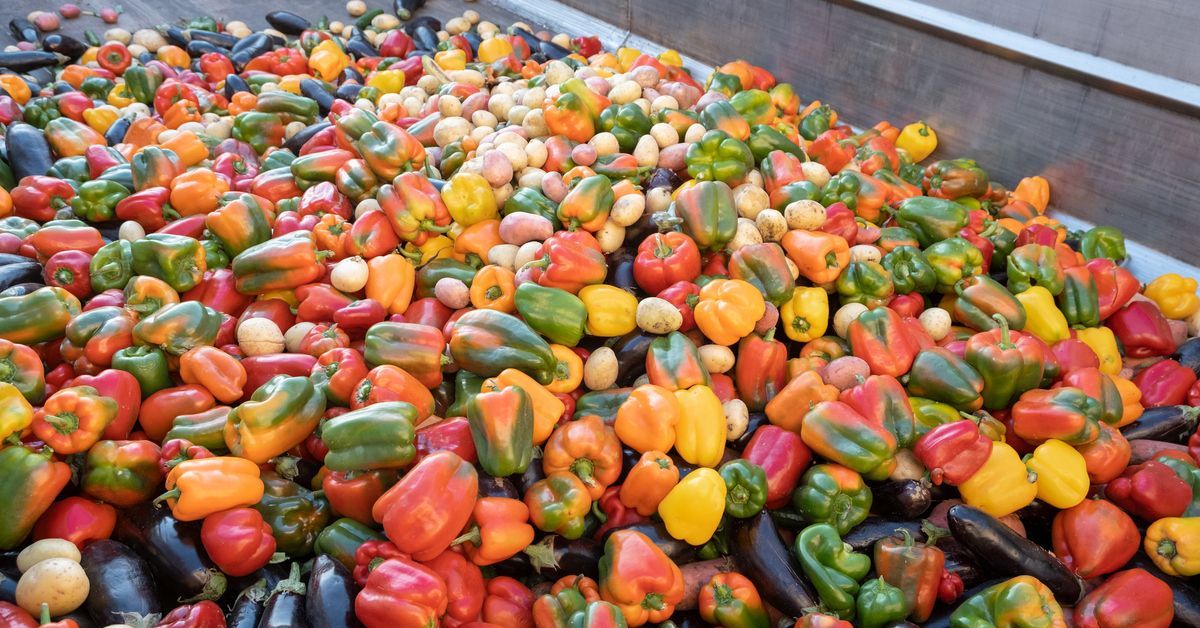2024-09-12 カリフォルニア大学サンディエゴ校(UCSD)

Credit: Roman Mykhalchuk/iStock
<関連情報>
- https://today.ucsd.edu/story/new-study-reveals-food-waste-bans-ineffective-in-reducing-landfill-waste-except-in-massachusetts
- https://www.science.org/doi/10.1126/science.adn4216
米国で最初に生ごみ廃棄が禁止された5つの州のうち、マサチューセッツ州だけが埋め立てごみを削減した Of the first five US states with food waste bans, Massachusetts alone has reduced landfill waste
Fiorentia Zoi Anglou, Robert Evan Sanders, and Ioannis Stamatopoulos
Science Published:12 Sep 2024
DOI:https://doi.org/10.1126/science.adn4216
Editor’s summary
Food waste produces about half of the greenhouse gas emissions from the global food system, including methane emissions from food waste deposited in landfills. To reduce emissions, some governments have banned food waste disposal in landfills. Anglou et al. evaluated the effectiveness of bans that applied to commercial waste producers in five US states. They found that such policies can succeed, but this has not been the norm. The states with bans showed almost no change in organic waste disposal into landfills compared with controls derived from states without bans. The exception to this was the state of Massachusetts. Simplicity of regulation, sufficient infrastructure, low cost of compliance, and/or strong enforcement may have contributed to Massachusetts’ success. —Bianca Lopez
Abstract
Diverting food waste from landfills is crucial to reduce emissions and meet Paris Agreement targets. Between 2014 and 2024, nine US states banned commercial waste generators—such as grocery chains—from landfilling food waste, expecting a 10 to 15% waste reduction. However, no evaluation of these bans exists. We compile a comprehensive waste dataset covering 36 US states between 1996 and 2019 to evaluate the first five implemented state-level bans. Contrary to policy-makers’ expectations, we can reject aggregate waste reductions higher than 3.2%, and we cannot reject a zero-null aggregate effect. Moreover, we cannot reject a zero-null effect for any other state except Massachusetts, which gradually achieved a 13.2% reduction. Our findings reveal the need to reassess food waste bans using Massachusetts as a benchmark for success.


